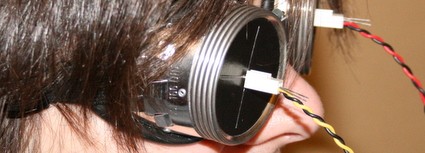Many of you will at some time have heard the unfortunate tale of [James Howells], a Welsh IT worker who threw away a hard drive containing 8,000 Bitcoin back in 2013. Over the years he’s hatched various schemes to persuade his local council to let him dig up the landfill where it’s reputed to be buried, and every time he’s been rebuffed. Despite the fall in the price of cryptocurrencies he’s back with another. With the added spice of AI and robot dogs alongside the cryptocurrency angle, it reads like a buzzword bingo card and adds a whole new meaning to “Bitcoin mining”. Seemingly despite generous offers the local council are still not keen on letting him dig for the drive.
We can’t help feeling sorry for the guy — after all, in the early days of cryptocurrency the coins were a worthless curiosity so it’s not impossible there are readers with similar stories. But we’re curious how well the drive will have survived its 9-year interment even if the AI robot arm and robot dog security would ensure its recovery. With that much cash at stake the best in the data recovery business will no doubt be unleashed on whatever remains they might recover, but in the unfriendly environment of a festering landfill we’d be curious as to whether chemical action might have corroded the platters to the point at which nothing might remain. Wales has a high rainfall unlike the American southwest, so we doubt it would survive as well as an Atari cartridge.
Meanwhile, tell us your cryptocurrency might-have-beens in the comments.
Landfill Site sign by Geographer, CC BY-SA 2.0.














